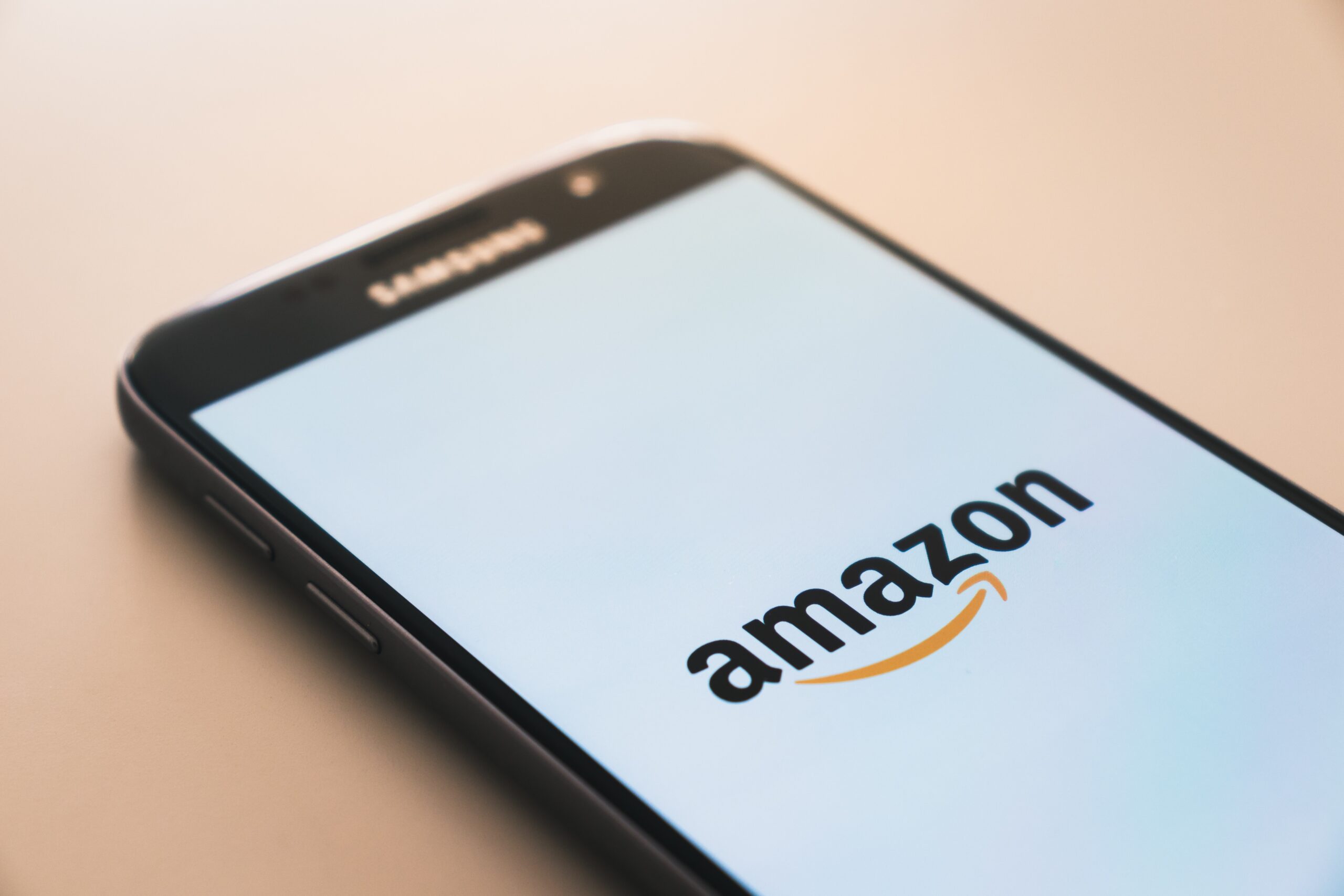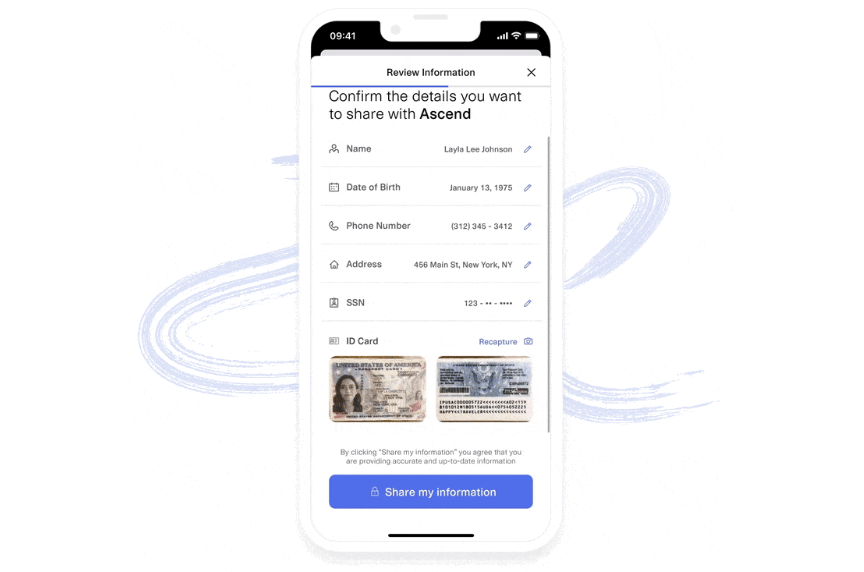
- Experian is launching its Mule Score, a new service to help banks identify and close down money mule accounts.
- Money mule accounts are used by criminals to launder money and facilitate fraud.
- According to Experian, 42% of first-party checking account fraud is mule-related.
Information services company Experian has unveiled the Experian Mule Score, a new service that will help U.K. banks identify and shutter so-called money mule accounts, or accounts that criminals use to launder money and facilitate fraud.
The “mules” are people that allow criminals to use their legitimately obtained accounts in exchange for cash. Banks can’t see where the money is coming from or being sent to. This lack of visibility makes it difficult to identify and investigate accounts being used by money mules. The issue is widespread– according to Experian, 42% of first-party checking account fraud is mule-related.
“Mule Score is the first solution of its kind, giving financial companies a comprehensive view of account activity, helping prevent them from onboarding potential mule accounts and detect already opened accounts which are suspicious,” said Experian UK&I Managing Director, Identity and Fraud Eduardo Castro.
Experian anticipates the new solution will help banks avoid onboarding suspicious accounts before they are opened, reduce fraud losses and operational costs, support at-risk consumers, and prevent fraudulent funds entering the financial system.
Experian is leveraging its bureau data, combined with account opening history and turnover activity to create the Mule Score that flags potential money mule activity. The score, which was developed by Experian DataLabs, also uses machine learning to model characteristics of more than 200,000 historical mule cases. As a result, banks can assess their accounts to easily spot suspicious activity.
“The level of fraud and financial crime in the U.K. represents a threat to financial institutions and their customers,” said Castro. “Experian, thanks to our data, analytics and technology, is uniquely placed to help. We are committed to helping eliminate financial crime and ensuring safe financial access for all.”
Originally known for its consumer credit reporting, Experian has leveraged its extensive access to data and has honed its expertise in fraud prevention technology. In 2021 alone, the Ireland-based company prevented more than $2.25 billion (£1.8 billion) in fraudulent transactions. In addition to consumer credit reporting and fraud prevention tools, the company also offers identity theft protection, credit building tools, and a loan comparison marketplace. And on the commercial side, Experian provides a range of services for small businesses, including business credit reporting, marketing products and services, debt collection tools, and more.












